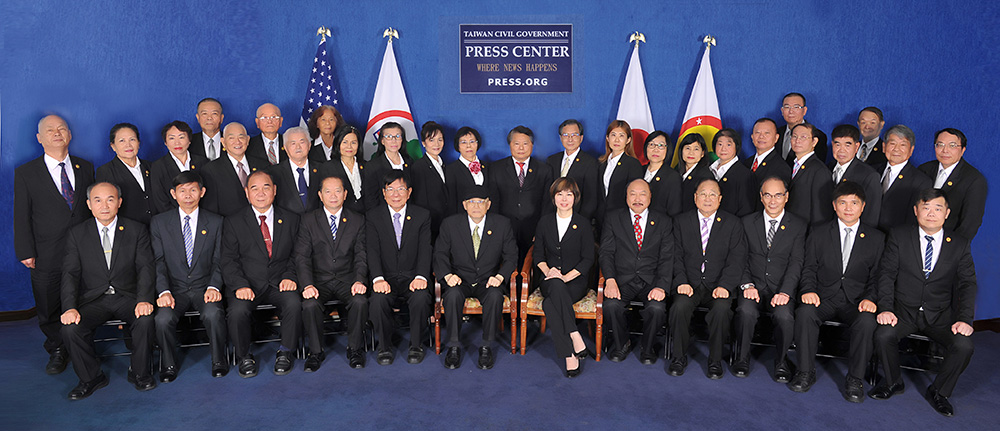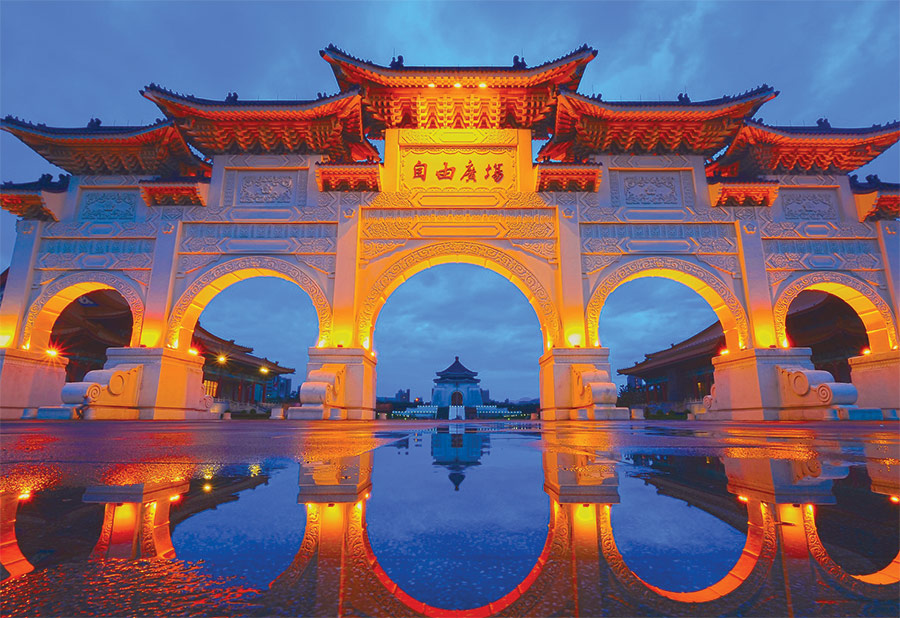TAIWAN CIVIL GOVERNMENT
BRANDED STORY

meeting and consider free trade agreement
meeting and consider free trade agreement
With 25 million people, Taiwan boasts the 22th largest economy in the world by GDP. It is the United States 11th largest trading partner with $76.0 billion in total goods traded in 2018 (US Trade Representative), and trade between Taiwan and the EU reached $58.5 billion in 2018 (European Commission). Taiwan is a global leader in industries such as telecommunications, electronics, biotechnology and chemicals. And, despite this robust economy, it is a nation not recognized by the G7, the United Nations or most of the countries of the world.
The inequality agenda put forth by French President Emmanuel Macron, states:
“Combating inequality within our societies and worldwide is a matter of justice, just as it is an urgent task we must address if we are to win back the trust of our citizens in our international governance system.”
Around the theme of inequality, the G7 will specifically address topics including poverty, healthcare, violence against women, gender equality, and exposure to climate change. In April when the foreign ministers of the G7 met in advance of the meeting, they also discussed protecting democracies addressing the issue of, “Strengthening our democracies in the face of new threats, mainly arising from the digital revolution and attempted foreign interference.” Taiwan faces these new threats every day.
The issue of Taiwan’s international recognition is complex to be sure. Most notably, it sits in a position of “strategic ambiguity,” due to the “One China Policy,” agreed to by the United States and China in 1979. The policy is still in place, but like many global dynamics that have been in place for decades it is starting to shift.
Chinese President Xi Jinping announced earlier this year the “one country, two systems” policy, which he directed at both Hong Kong and Taiwan. The policy has hit some roadblocks in Hong Kong, which is officially part of China with some legal exceptions. The inhabitants of Hong Kong hit the streets in mass protests recently over a proposed extradition law that would have made it easy for anyone accused of a crime in Hong Kong to be sent to mainland China for prosecution. This would open the door for trumped up charges of fraud or political crimes that would land people in the Chinese legal system, which does not equate to Western, democratic jurisprudence. The law was promulgated under the “one country, two systems,” as well, but it appears the protests have caused the Hong Kong authority to table the bill. Surely the nations of the G7 do not want to see Taiwan head in this direction.
In addition to the lack of diplomatic recognition, Taiwan is also denied access to free trade agreements, the World Health Organization and the International Civil Aviation Organization, where they should have every right to participate. The G7 can and should pursue a free trade agreement with Taiwan.


Relations with the United States in particular have improved dramatically in the last several years. The U.S. signed into law the Taiwan Travel Act, the Asian Reassurance Initiative Act and a $2 Billion arms deal is pending, including the sale of 108 M1A2 Abrams tanks. The U.S. built a much larger American Institute of Taiwan – a quasi-embassy in Taipei – and several high-ranking U.S. officials have recently visited Taiwan.
These are all positive developments, but they don’t go far enough. As President Macron quoted on the G7 website from the French Declaration of Rights of Man and Citizens, from the French Revolution. “Men are born and remain free and equal in rights.” Until Taiwan is recognized by the G7, the United Nations and the world, this fundamental freedom will be denied the people of Taiwan.
This material is produced by Global Vision Communications on behalf of the Taiwan Civil Government. Additional information can be found at the U.S. Department of Justice.

